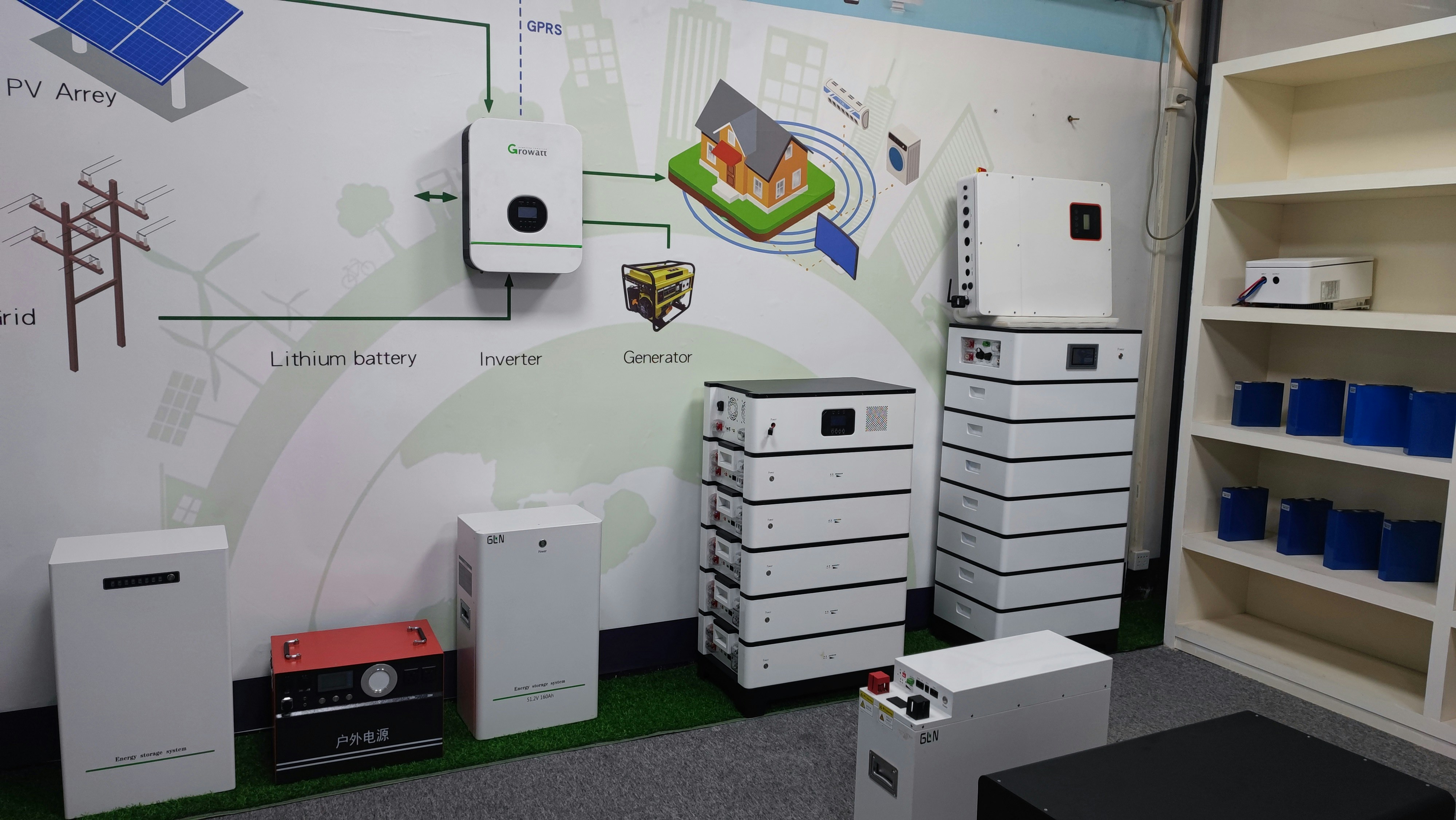
Understanding Solid-State Batteries
Solid-state batteries are quickly emerging as a revolutionary technology in the electric vehicle (EV) landscape. Unlike traditional lithium-ion batteries that use liquid electrolytes, solid-state batteries utilize solid electrolytes. This transformation could lead to safer and more efficient energy storage solutions.
The Benefits of Solid-State Technology
One of the most significant advantages of solid-state batteries is their higher energy density. This means that they can store more energy in a smaller space, resulting in longer ranges for electric vehicles without increasing battery size. Additionally, solid-state batteries are less prone to overheating and have a reduced risk of fire, making them a safer choice for consumers.
The Current State and Future Prospects
While the potential of solid-state batteries is immense, the technology is still in its infancy. Many automotive manufacturers are investing heavily in research and development to overcome the challenges of scaling production and reducing costs. As innovations continue, we may soon see solid-state batteries playing a significant role in the EV revolution, offering consumers improved performance and greater sustainability.
In conclusion, solid-state batteries represent a promising frontier in the world of electric vehicles. With ongoing advancements, the EV revolution is just beginning, and understanding these battery systems is key to appreciating their potential impact on the future of transportation.
💬 Yorumlar
Henüz yorum yapılmamış. İlk yorumu siz yazın.